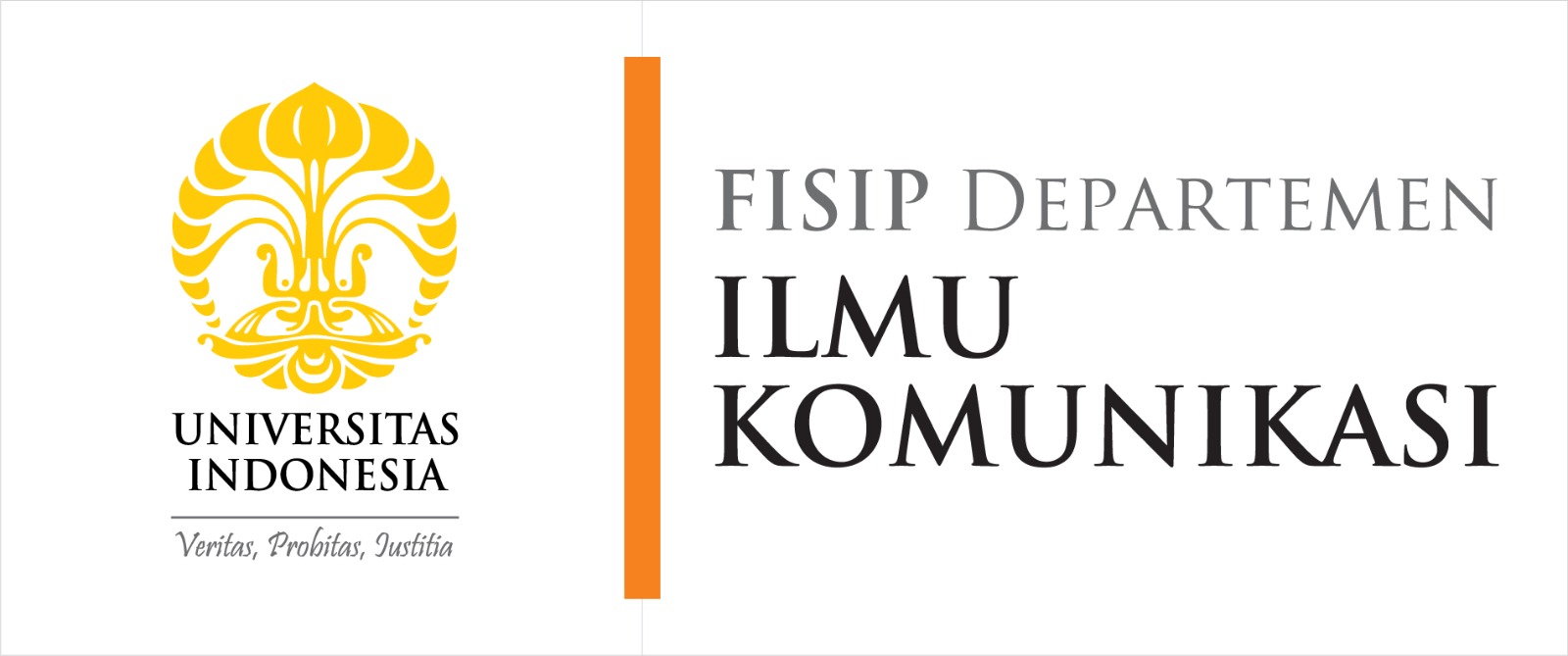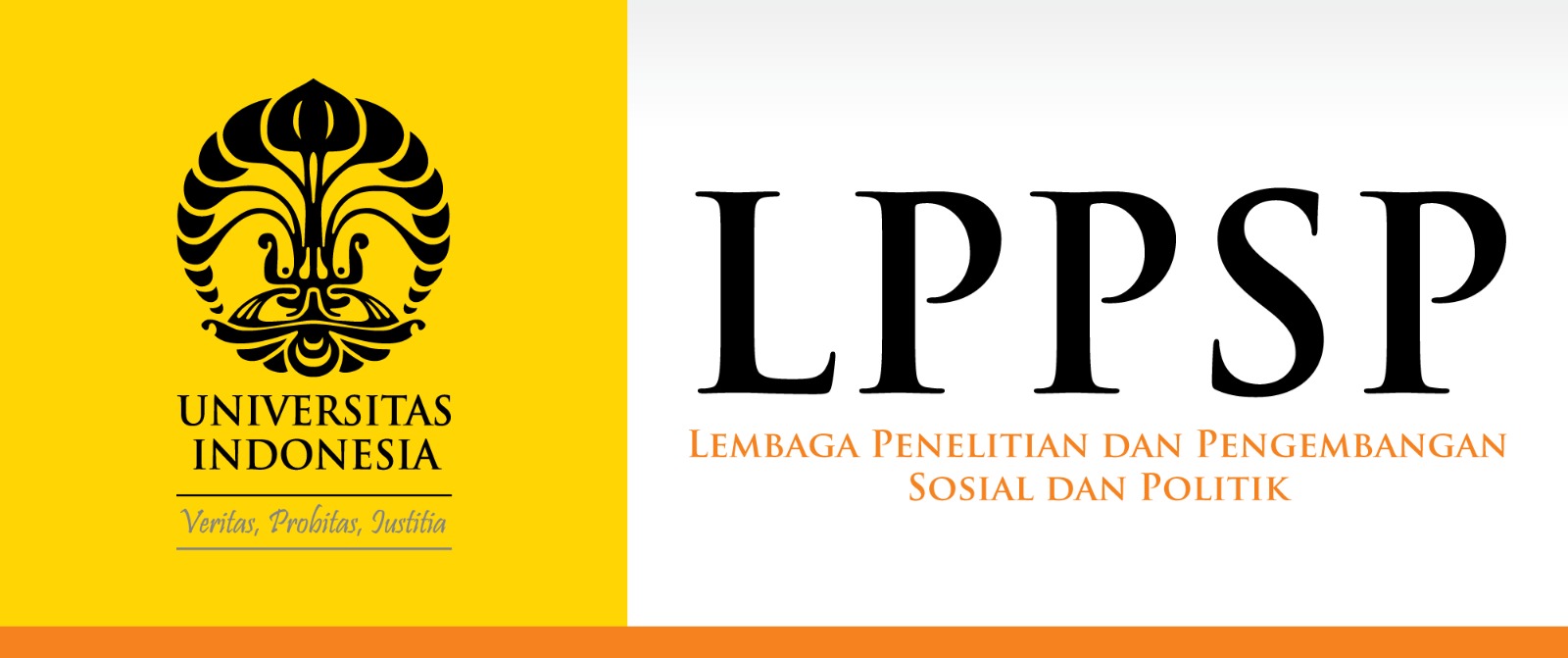JURNAL KOMUNIKASI INDONESIA
Abstract
This study have an aim to see the reception analysis from BTS ARMY towards the reconstruction of masculinity that BTS do. The previous studies showed that the K-Pop Male Idol have reconstructed the meaning of masculinity, and also see how the masculinity reconstruction that the K-Pop Male Idol did has been consumed by the fangirls. However, those studies have not explained about how the fangirls point of view about the reconstruction of masculinity, especially if it is contexted in Indonesia’s masculinity construction. This study argues that the various product of Korean popular culture or Hallyu, which in the context of this research is BTS’s musics and content that is spread through a lot of digital media, that shows masculinity construction which different from the hegemonic masculinity construction in Indonesian society, which in the end is able to make BTS ARMY negotiate the meaning of the masculinity that is different from their society’s hegemonic masculinity. The research method is a qualitative approach by conducting a reception analysis to the BTS content by conducting an indepth interviews to BTS ARMY related to the BTS masculinity image that is delivered through the content that they produced. The findings found that, BTS showing a reconstruction of masculinity by breaking the norms which in all this time exist in the hegemonic masculinity, through their musics and contents which was spread through various digital media. So by through it, the informant ARMY precisely gain a new comprehension about masculinity concept which is different than the hegemonic masculinity that exists in their society.
References
Akhmad, R.A. (2018). Fenomenologi Penggunaan Televisi dan Media Sosial dalam Menyikapi Budaya Pop Korea di Kalangan Remaja Makassar. Jurnal Komunikasi KAREBA, 7(1).
Butler, J. (1999). Gender Trouble: Feminism and the Subversion of Identity. Routledge: New York and London.
Butler, J. (2011). Bodies That Matter: On the Discursive Limits of “Sex”. Abingdon, Oxon; New York, NY: Routledge
Butler, J. (1988). Performative Acts and Gender Constitution: An Essay in Phenomenology and Feminist Theory. Theatre Journal, 40(4), 519. https://doi.org/10.2307/3207893
Chan, T. (2021). BTS Tops Twitter’s List of Most Popular Artists for Fourth Year in a Row. Rolling Stone. https://www.rollingstone.com/music/music-news/bts-twitter-accountmentions-fans-1128480/.
Chang, W., & Park, S.-E. (2018). The Fandom of Hallyu, A Tribe in the Digital Network Era: The Case of ARMY of BTS. Kritika Kultura, 32.
https://doi.org/10.13185/KK2019.03213
Connell, R.W. (1987). Gender and Power: Society, the Person, and Sexual Politics. Cambridge: Polity Press.
Enjelika, M. (2017) Dekonstruksi Makna Maskulinitas Melalui Trend Korean Populer (K-Pop) Pada Penggemar K-Pop di Kota Makassar. [Undergraduate Thesis, Universitas Negeri Makassar]. http://eprints.unm.ac.id/20410/
Fauzi, E. P. (2021). Konstruksi Sosial Soft Masculinity dalam Budaya Pop Korea. Jurnal Ilmu Komunikasi, 19(1), 127. https://doi.org/10.31315/jik.v19i1.3687
Hadi, I. P. (2010). Penelitian Khalayak dalam Perspektif Reception Analysis. Scriptura, 3(1), 1–7. https://doi.org/10.9744/scriptura.3.1.1-7
Hall, S. (1973). Encoding and Decoding in the Television Discourse. University of Birmingham: Council & The Centre for Mass Communication Research.
Handaningtias, R.U., Indriyany, I.A., & Nurjuman, H. (2018). Dekonstruksi Makna Maskulinitas pada Trend Korea Pop (K-Pop) sebagai Praktik Identitas Remaja. Prosiding Seminar Nasional Prodi Ilmu Pemerintahan 2018. Untirta Press, Serang, pp. 267-283. ISBN 978-602-5587-26-9
Hermawan, F. F. (2017). Masculinity in Indonesian Popular Culture in the Early Era of the New Order Regime. Lingua Cultura, 11(1), 47.
https://doi.org/10.21512/lc.v11i1.1318
Jung, S. (2011). Korean Masculinities and Transcultural Consumption: Yonsama, Rain, Oldboy, K-Pop Idols. Hong Kong University Press.
http://www.jstor.org/stable/j.ctt1xcrmm
Lee, S., & Nornes, A. M. (2015). Hallyu 2.0: The Korean Wave in the Age of Social Media. University of Michigan Press. https://doi.org/10.3998/mpub.7651262
Popa, D., & Gavriliu, D. (2015). Gender Representations and Digital Media. Procedia - Social and Behavioral Sciences, 180, 1199–1206.
https://doi.org/10.1016/j.sbspro.2015.02.244
Rahmawati, A., Najla, N., Perwira, R.D.A, Rakhmawati, N.A. (2021). Analisis topik konten channel YouTube K-pop Indonesia menggunakan Latent Dirichlet Allocation. Teknologi, 11(1), 16–25. https://doi.org/10.26594/teknologi.v11i1.2155
Song, K. Y., & Velding, V. (2020). Transnational Masculinity in the Eyes of Local Beholders? Young Americans’ Perception of K-Pop Masculinities. The Journal of Men’s Studies, 28(1), 3–21. https://doi.org/10.1177/1060826519838869
Tanjung, S. (2016). Pemaknaan Maskulinitas pada Majalah Cosmopolitan Indonesia. Jurnal Komunikasi, 6(2), 91-104. Accessed from https://journal.uii.ac.id/jurnal-komunikasi/article/view/6383
Valentina, A., & Istriyani, R. (2017). Gelombang Globalisasi ala Korea Selatan. Jurnal Pemikiran Sosiologi, 2(2), 71. https://doi.org/10.22146/jps.v2i2.30017
Waling, A. (2019). Problematising ‘Toxic’ and ‘Healthy’ Masculinity for Addressing Gender Inequalities. Australian Feminist Studies, 34(101), 362–375. https://doi.org/10.1080/08164649.2019.1679021
Recommended Citation
Perwiradmoko, Jasmine Qurrota Ayuni
(2023)
"Masculinity Reconstruction by K-Pop Idol BTS: BTS ARMY’S Reception Analysis Towards BTS’s Musics and Contents,"
JURNAL KOMUNIKASI INDONESIA: Vol. 12:
No.
2, Article 10.
DOI: 10.7454/jkmi.v12i2.1212
Available at:
https://scholarhub.ui.ac.id/jkmi/vol12/iss2/10
Included in
Gender, Race, Sexuality, and Ethnicity in Communication Commons, International and Intercultural Communication Commons, Social Influence and Political Communication Commons




